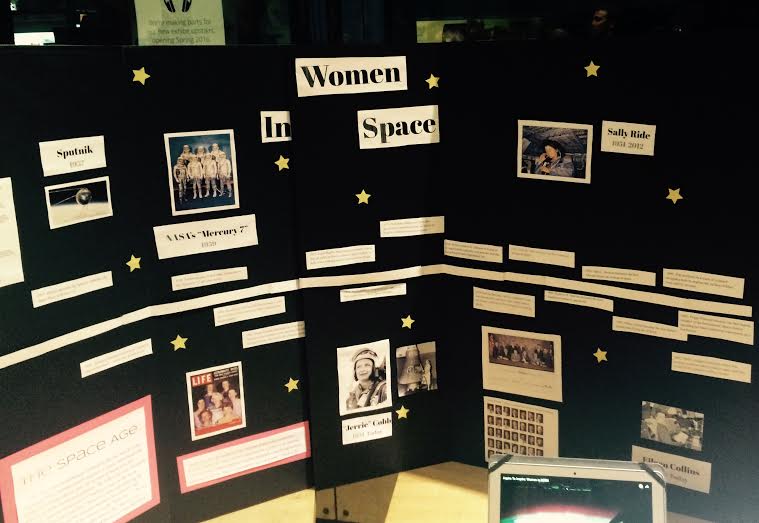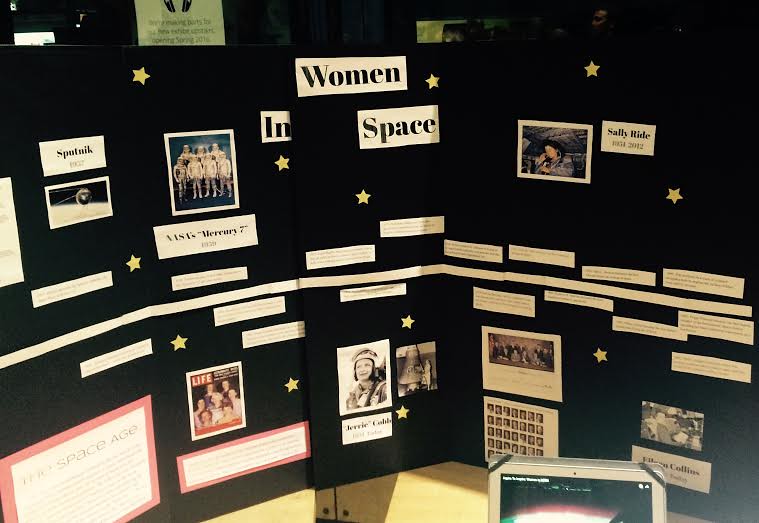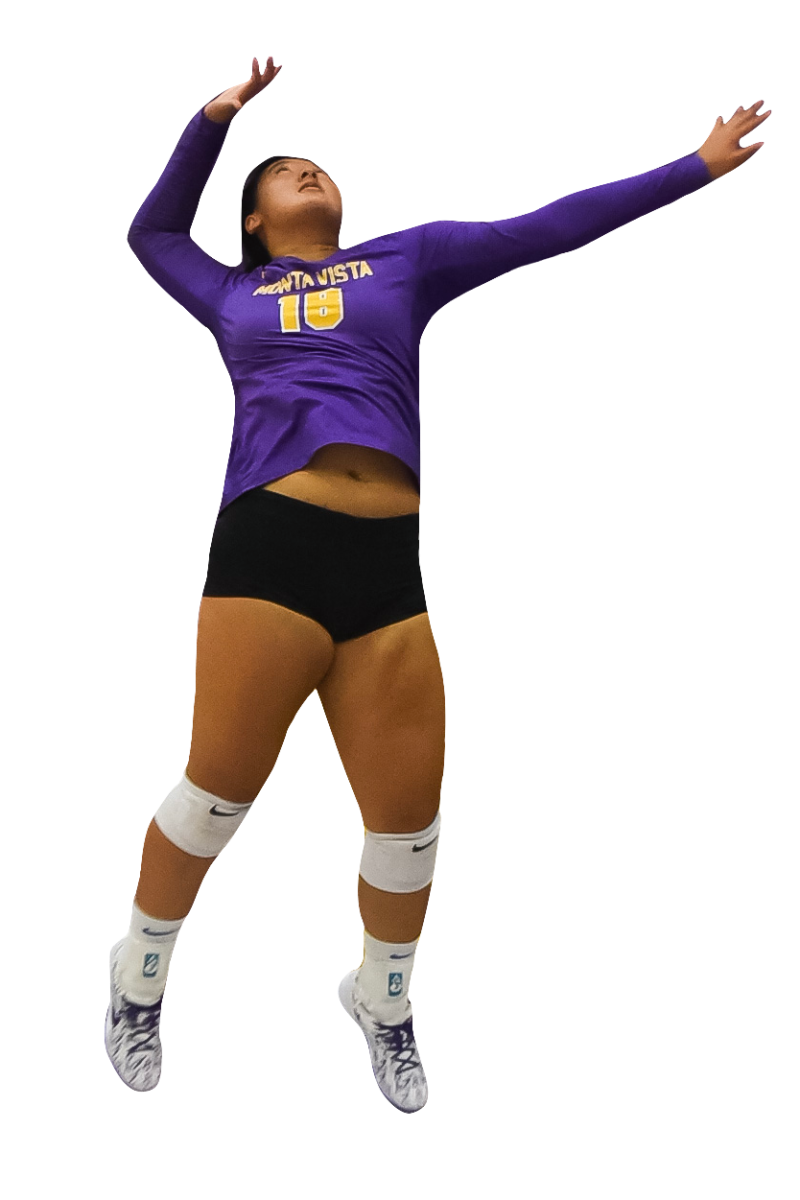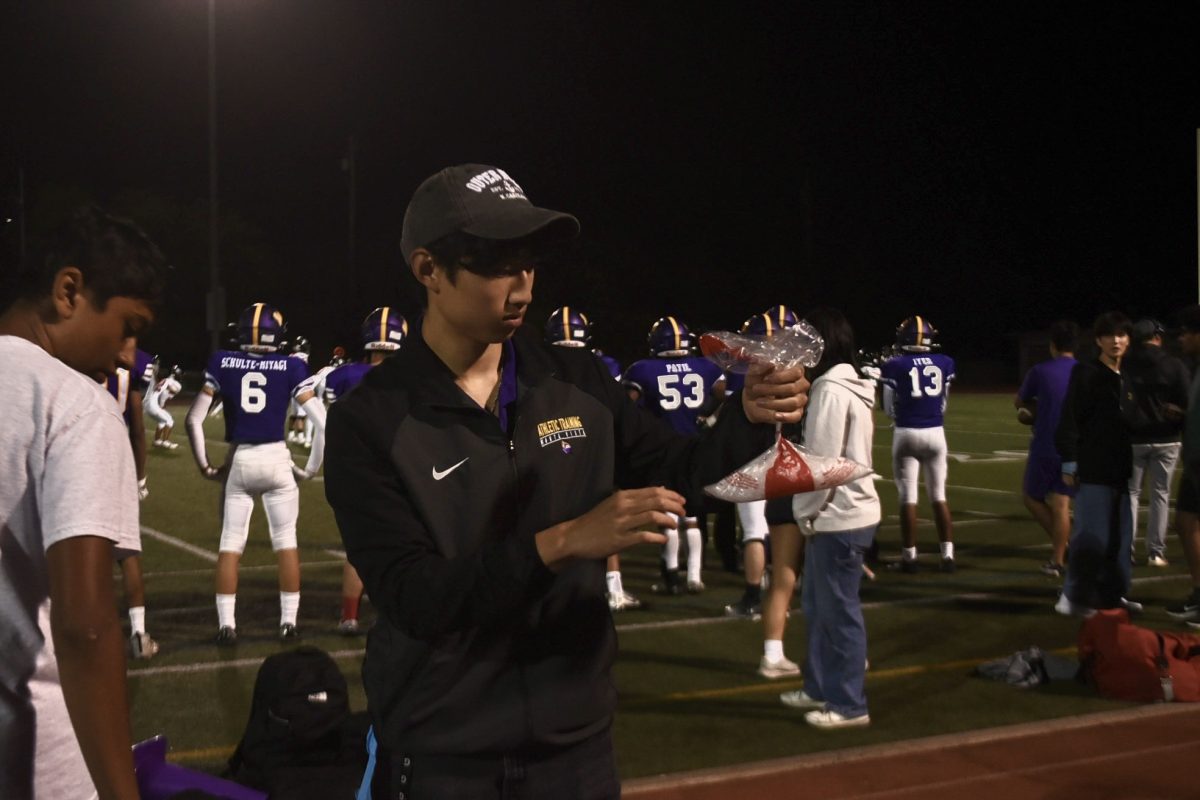According to junior Zunera Ghalib, while their presentation did not directly relate to the movie, The Martian and the NASA panel that occurred earlier in the event revealed how male dominated aerospace engineering can be. Ghalib brings up The Martian, which has a main male character and a mostly male cast, and the NASA panel, which only had one female member. Because of this, Ghalib and her group of juniors Carol Wang, Shreya Parjan, Johanna Karras and Shirlyn Tang and APUSH teacher Bonnie Belshe thought it would be a good idea to focus an entire presentation on women and their contributions to space exploration. This was not only to reveal the discrimination women in the STEM field have faced throughout history, but also to celebrate achievements women have made despite these seemingly insurmountable challenges.
“Math and engineering require you to think a lot,” Ghalib said, “And that is why it is seen as male dominated, anything requiring a lot of brainwork is seen as something that should be dominated by males.”
In order to create a project like this, Ghalib and another one of her group mates, junior Carol Wang, said it required a lot of primary sources. Their group examined trends, using prior APUSH knowledge to examine how different attitudes towards women throughout history have affected the opportunities available for women in STEM.
“We examined women since the puritanical times and we traced their history throughout, especially in NASA and other space programs,” Wang said. “We saw how cultural shifts affected women’s opportunities to participate in space programs — such as cult of domesticity and other trends. Our project really aims to track history and examine current women in space.”
And while Wang and Ghalib have seen progress throughout the years, especially with the recently passed INSPIRE Act — an act meant to promote women in the STEM field — there is still a lot of changes that need to be made. Ghalib interns at a lab in University of California, San Francisco, where she sees the discrimination prevalent in her job as well.
“The head of the department studying microgravity, [Millie Hughes-Fulford] was a former NASA astronaut. There were a lot of people that would look down on her work,” Ghalib said. “They would dissect her work and make sure every single part was right — it is not that present today in UCSF, but that is mainly because of the reputation she’s built in the labs, but it is harder for other females without mentors like her to get to that spot.”
Click through the pictures to see more of their presentation.
The project has taught them a lot, and both of them found the challenges women have faced in the past as inspiration for future change.
“I did not realize how much women have fought,” Wang said. “They have fought many different struggles that came with gender. It really shows what a long way women have gone through and we are continuing to make these changes.”







